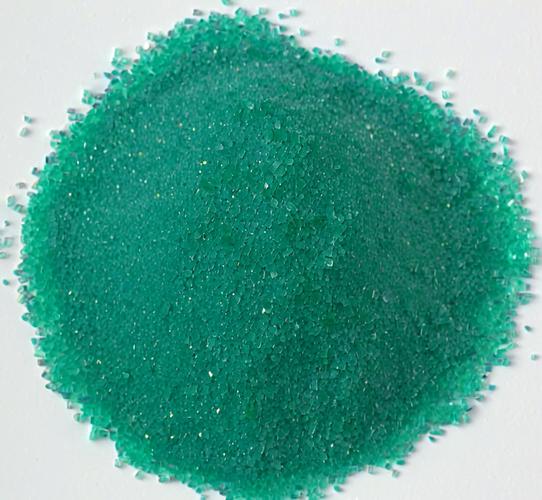
Nickel sulfate, with the chemical formula NiSO4, is a versatile inorganic compound that is used in a variety of applications. It exists in various forms, including the hexahydrate (NiSO4·6H2O), which is the most common and commercially significant form. The compound is a blue-green crystalline solid that is highly soluble in water.
In the electroplating industry, nickel sulfate is a key component in the process of applying a layer of nickel onto the surface of objects, such as metal components and automotive parts. Electroplated nickel provides corrosion resistance, durability, and an appealing finish. It is also utilized in the production of nickel-cadmium (NiCd) and nickel-metal hydride (NiMH) batteries, which are commonly found in portable electronic devices, cordless power tools, and other applications.
In chemical reactions, especially in the synthesis of organic compounds, nickel sulfate is employed as a catalyst. It helps facilitate and accelerate various chemical transformations. Additionally, it serves as a precursor for other nickel compounds used in the chemical industry, such as nickel carbonate and nickel oxide.
In agriculture, nickel sulfate is sometimes used as a micronutrient in fertilizer formulations to provide essential nickel to plants. Although plants require only trace amounts of nickel, its presence is necessary for their growth and development. It can also be used in textile dyeing and printing processes as a mordant, helping to improve the adherence of dyes to fabrics.
Regarding safety, exposure to nickel and its compounds should be managed with care due to potential toxicity and the risk of allergic reactions in certain individuals. Proper safety measures and precautions are essential when handling nickel sulfate to ensure the safety of workers and the environment. For storage, it should be kept in a cool, dry place to prevent degradation and should be stored away from moisture and in a well-sealed container to maintain its quality and effectiveness for various applications.
